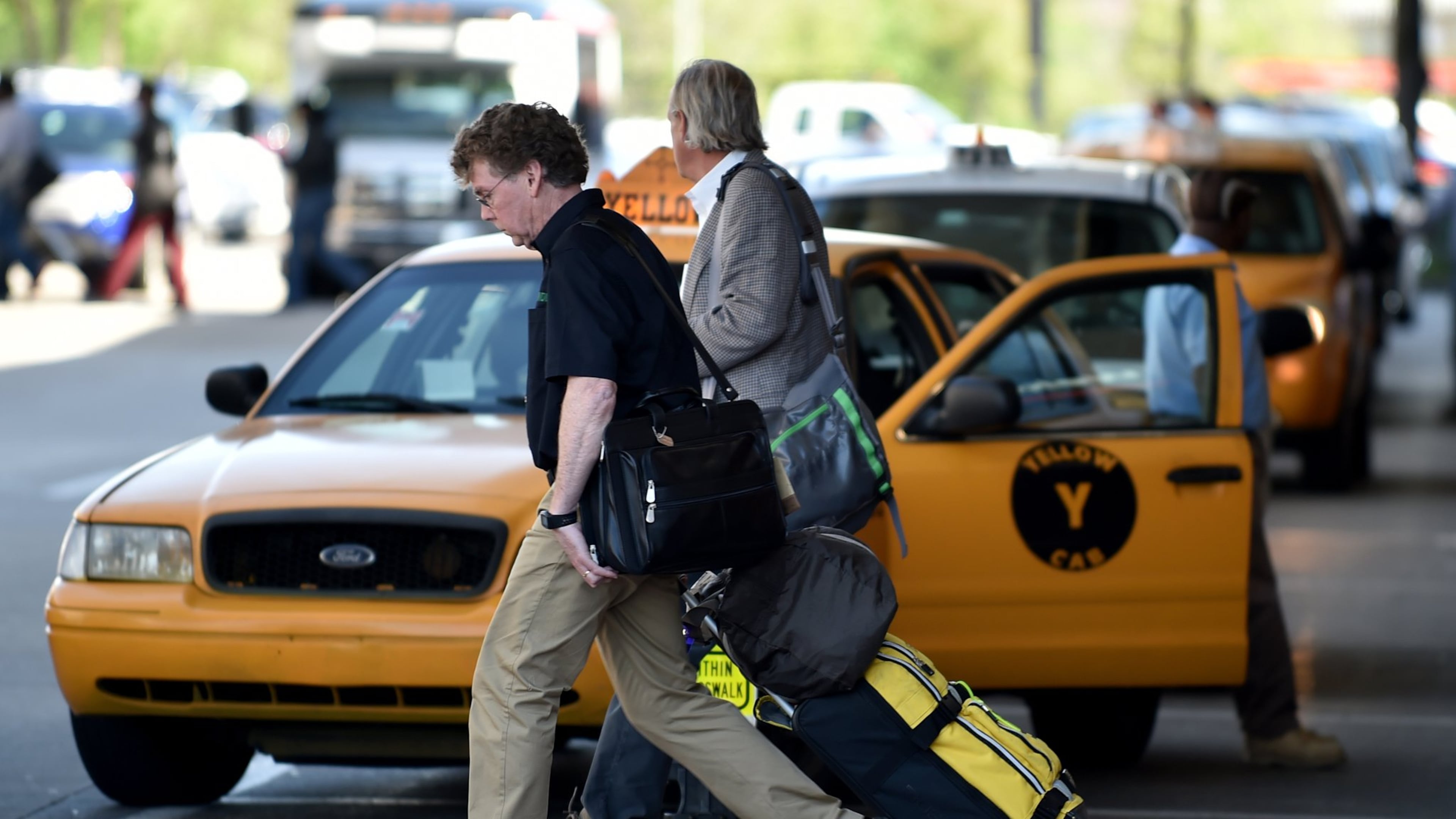Kempner: Uber-fighting cabbies get schooled by Ga. Supreme Court

Atlanta taxi drivers, who’ve already had their lunches eaten by Uber and Lyft, just learned a painful lesson about government regulation.
You can’t count on it to save your financial neck.
On Monday, the Georgia Supreme Court agreed with a lower court ruling, essentially killing a proposed class-action lawsuit brought by Atlanta cab drivers. The cabbies wanted the state to compensate them for the plummeting value of their government-issued certificates to operate vehicles for hire.
Actually, what the high court’s robed justices did was more akin to stomping the legal action, chasing it down and stomping it some more. The ruling was unanimous.
It may be the last legal gasp by local taxi drivers battling ride-share services whose popularity upended an industry almost overnight.
Bill Pannell, one of the attorneys representing the taxi drivers, sounded like he didn’t see much room to pursue the legal issues further.
“We are living in a less regulated world. The free market rules,” he told me Monday. “And the government is not going to compensate people when they get crushed like this by a wealthy company like Uber or Lyft.”
Aggrieved parties
Pannell sees taxi drivers as the aggrieved “little guy.”
But I imagine some consumers felt like they were the aggrieved party when taxicab companies had most of the power and government regulation protected taxi drivers by limiting competition.
Consumers and entrepreneurs are showing less patience for such limits, and they are pushing politicians to make changes.
In 2015, Georgia legislators helped create new law that further cleared the way for local Uber and Lyft operations. The ride-sharing services are allowed to operate without one of the limited number of city-issued medallions that Atlanta taxi drivers were required to purchase.
Cabbies often saved for years to acquire medallions, which state law allowed to be bought and sold privately. Pre-Uber, the medallions generally rose in value, and taxi drivers often considered them a crucial part of retirement savings. Post-Uber, their value collapsed.
Falling values
Mohamed Hussein, a local driver, told me he bought his in 2010 for $53,000. Late last year he said he'd be lucky to get $10,000 for it.
Hussein and other drivers argued that the changes in state law amounted to a government taking. But a Fulton County court ruled that taxi drivers weren’t entitled to an “unalterable monopoly.”
Since then things have only gotten worse for the cabbies. At the start of this year the city of Atlanta started officially allowing ride-share pickups at the world’s busiest airport.
Ride-sharing services are a fairly newfangled thing. The Georgia high court’s ruling, though, cited a 130-year-old case law: “Surely the damage clause in our constitution was not intended to make the State or the legislature an insurer against all shrinkage of values that might result from the passage of laws intended for the public good.”
Business owners who still enjoy government limits against competition should keep that message in mind: Times change. Innovation is hard to stop. Don’t expect government to protect you.
MYAJC.COM: REAL JOURNALISM. REAL LOCAL IMPACT.
AJC Unofficial Business columnist Matt Kempner offers you a unique look at the business scene in metro Atlanta and beyond. You'll find more on myAJC.com, including these columns:
Never miss a minute of what's happening in local business news. Subscribe to myAJC.com.
In other Business news:
Related coverage:
Find Matt on Facebook (https://www.facebook.com/mattkempnercolumnist) and Twitter (@MattKempner) or email him at mkempner@ajc.com.



